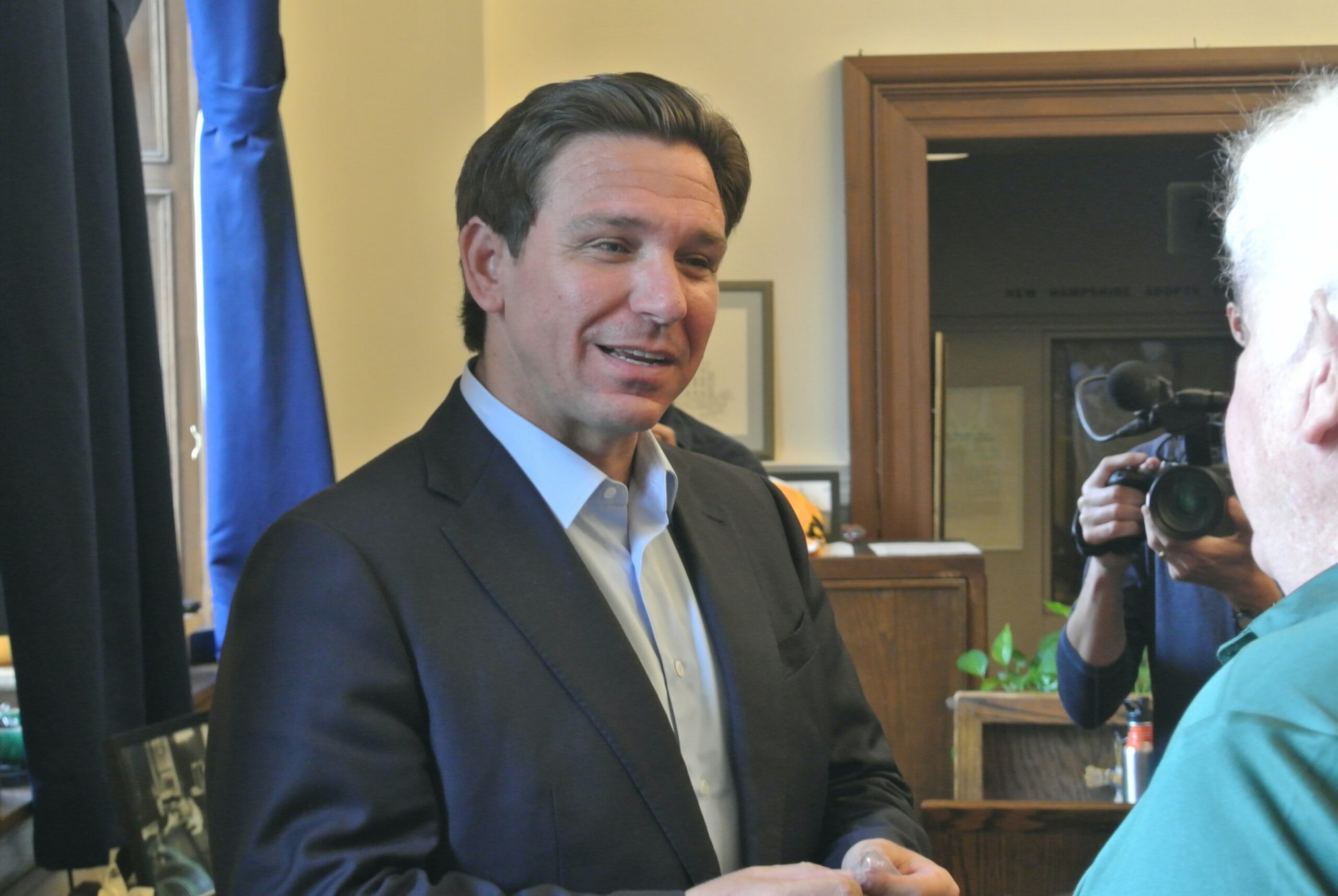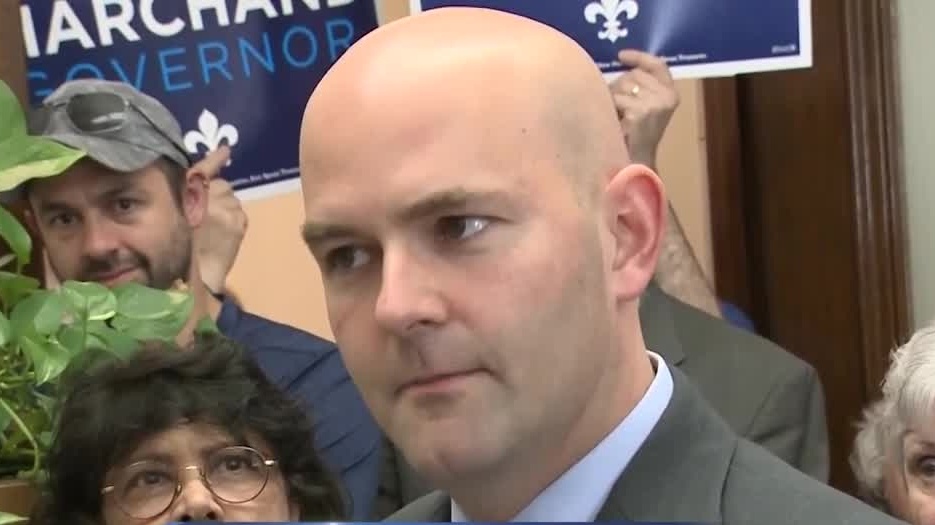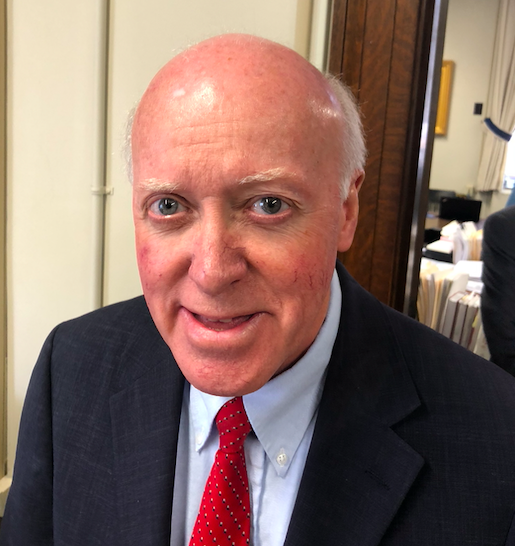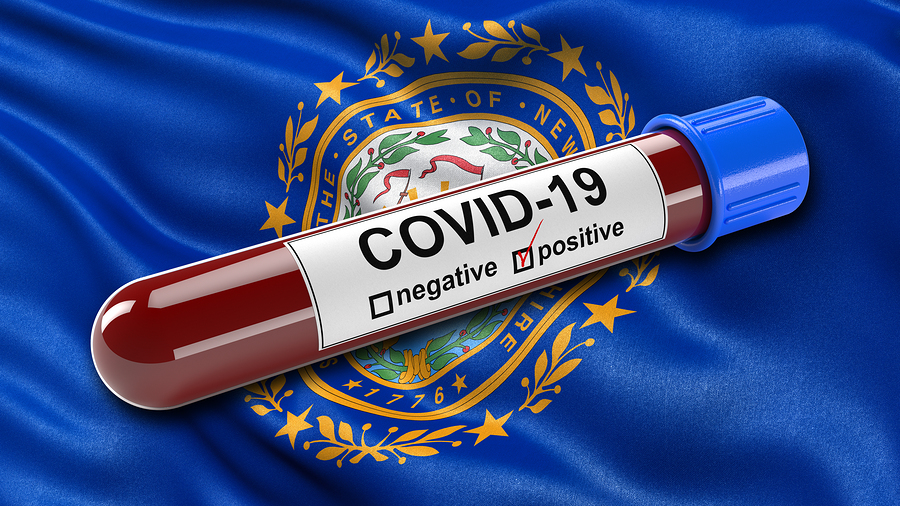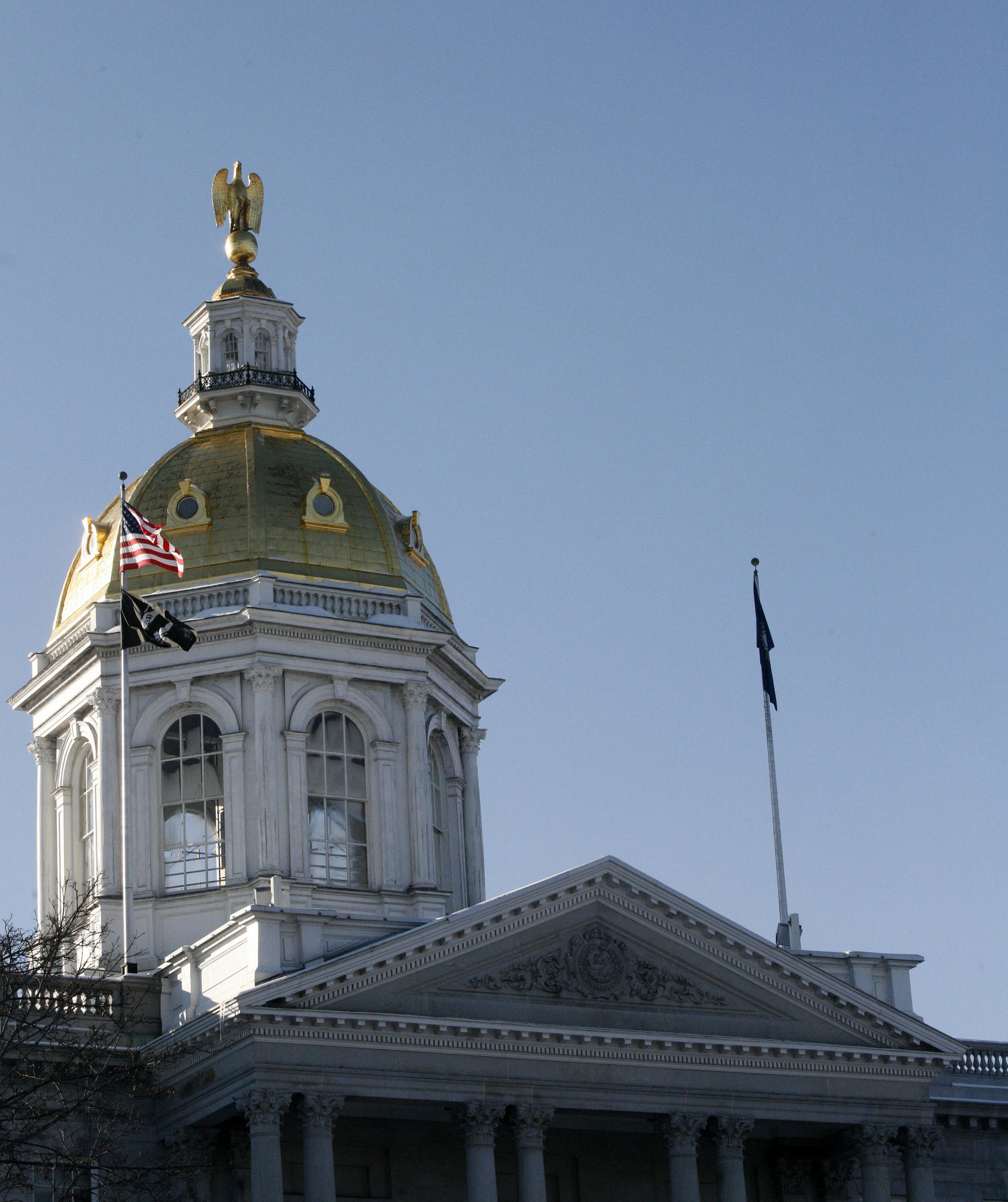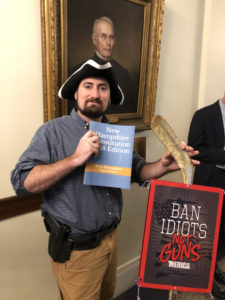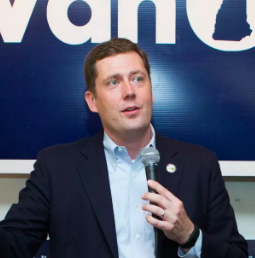Top Stratham Dem Caught Stealing Pro-Girls Sports Campaign Sign
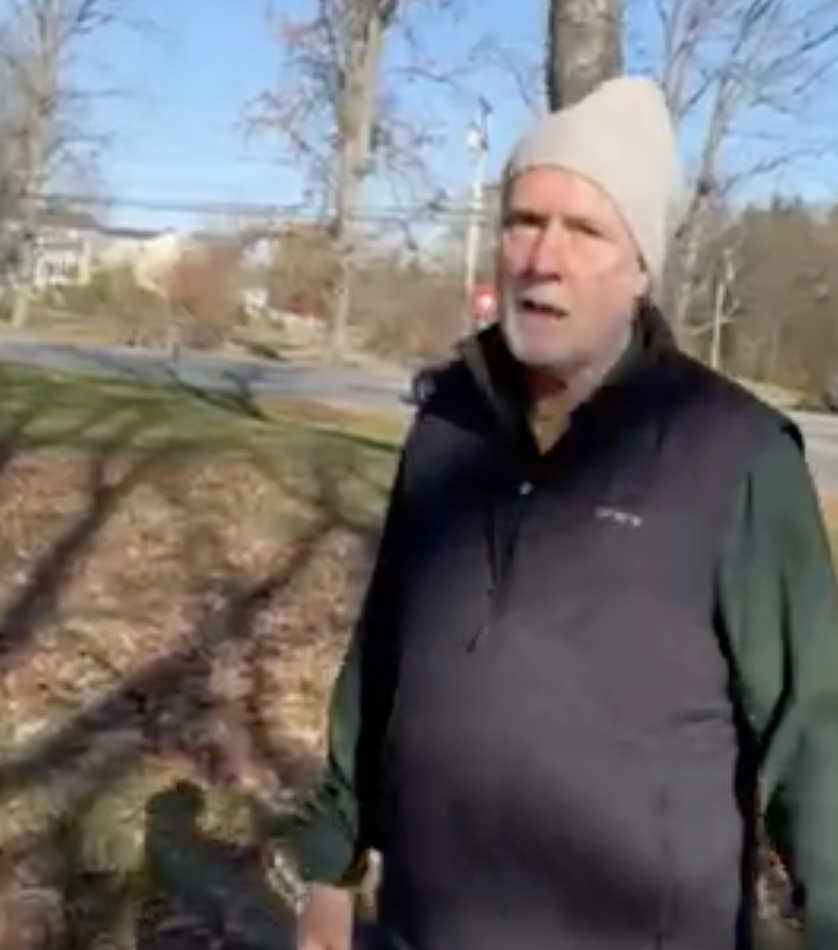
A top Stratham Democrat Jonathan Caldwell got caught red-handed over the weekend stealing a political sign put up by a Republican voter.
That Republican, Peter Lessels, is now pushing to have Caldwell charged.
“I filed a report with the police,” Lessels told NHJournal.
Caldwell chaired the Stratham Town Democratic Committee as recently as 2022, and is listed as Democratic state Sen. Debra Altschiller’s campaign treasurer. He could not be reached for comment.
Last week, Lessels put up a large, homemade sign near the campaign signs for several Democrats with the message that they “Supports men in women’s sports.” Lessels’ sign featured the message and arrows pointing to the Democrats’ signs.
“They do support that. That’s just a fact,” Lessels said.
The area where the signs are going up is public property on a traffic circle in Stratham. Lessels said political signs are allowed on that property.
Lessels’ sign disappeared after a few days. It’s not the first time Lessels dealt with sign theft. He was part of Republican Don Bolduc’s 2022 campaign for U.S. Senate and had numerous signs stolen or damaged during that effort.
Lessels made a replacement sign and put it up in the same spot Sunday morning. A few hours later, he was driving nearby and spotted a man taking the sign out of the ground and putting it in his car.
Lessels confronted the man he later identified as Caldwell about taking the sign. In an interaction caught on video, Caldwell said the owners of a nearby antiques store wanted Lessels’ sign removed.
Unless a political sign is put up illegally, such as on private property without permission, or public property where signs are not allowed, no one can remove those signs.
“That’s illegal,” Lessels said.
Lessels followed Caldwell’s car and called police, who eventually stopped Caldwell. Lessels said the officer had Caldwell open his car trunk, found the sign and confiscated it as evidence.
The Stratham Democrat isn’t new to politics, or to campaign complaints. In 2022, he had a visit from the New Hampshire Attorney General’s Office about his campaign finance reports, according to Department of Justice records. Caldwell was issued a warning letter due to problems with the committee’s finance reports, including missing information about donors, and an unexplained $890 surplus. Caldwell blamed the previous committee treasurer for the errors. He also blamed a local Republican for creating controversy by filing the complaint in the first place.
“As I noted to Investigator [Richard] Tracy, this complaint is from an aggrieved State Rep candidate who came in fourth of four in the 2020 election. To what end, other than petty harassment? There is clearly no intentional malfeasance,” Caldwell wrote to Deputy General Counsel Myles Matteson.
Sign stealing during campaign season is both illegal and frequent. This summer, state Rep. Scott Wallace (R-Danville) was charged with multiple misdemeanors for allegedly stealing or damaging campaign signs in Brentwood.
“Unfortunately, ’tis the season,” Brentwood Police Lt. Justin Doty said.
Wallace did not respond to requests for comment from NHJournal.

